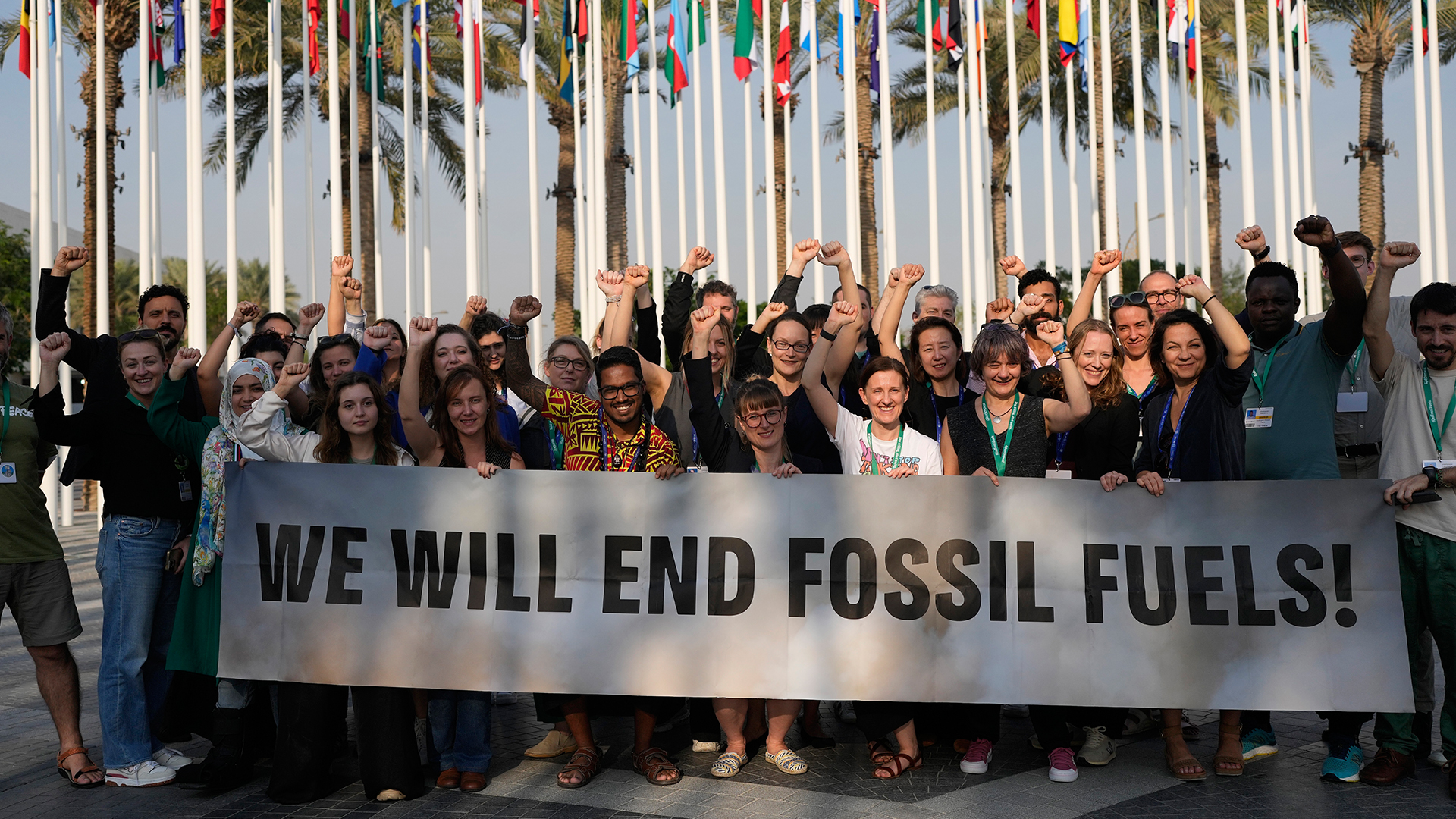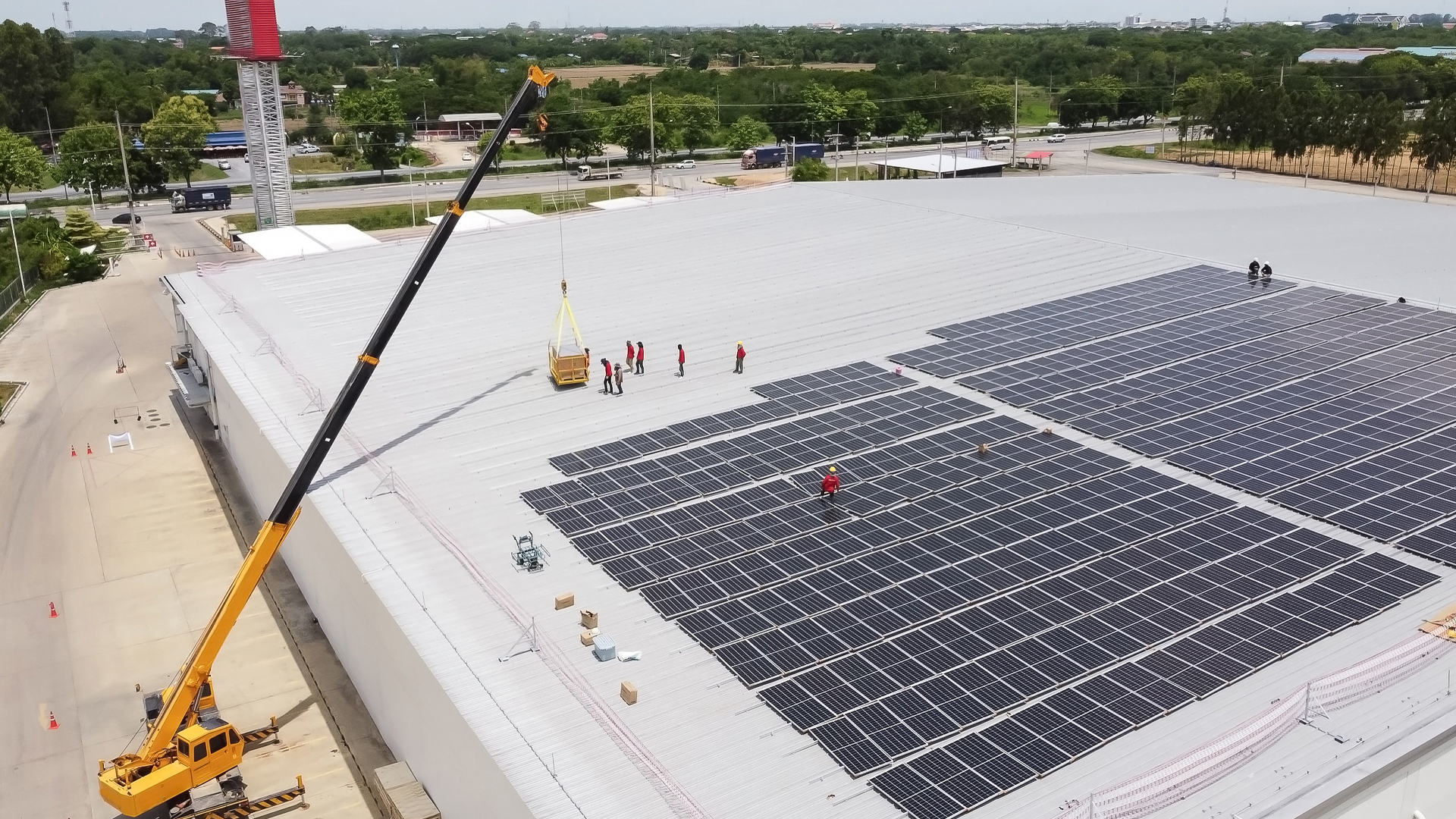
Alan Keeso makes some interesting points in his Policy Options op-ed of October 16, 2020. He is correct that Canada must absolutely increase its institutional accountability with regard to climate change. The impacts of climate change on agriculture and food security, health, Indigenous rights, and the Canadian economy go well beyond the mandate of a single ministry. These are more than just environmental outcomes. The federal government should wisely recognize this fact and establish a multidisciplinary cabinet or committee that investigates the wide-ranging consequences of climate change, and not only from an environmental lens.
However, Ontario’s “sky-high” electricity rates aren’t the result of a “green plan,” as Keeso suggests.
Fast-rising rates – comparable to European countries, incidentally – are the result of poor government policy that overbuilt all types of power generation and locked government into 20-year power purchase agreements with private companies while at the same time encouraging Ontarians to reduce electricity consumption. Then there was the 2008 recession, which reduced electricity demand further.
As a result of all that, we have seen a surplus in taxpayer-funded generation capacity and a deficit in demand. In short, high prices, due in part to guarantees in the purchase agreements. This example should not be used as a case study for why renewable energy is expensive (it is not), rather why well-crafted public policy is essential in the energy sector.
Keeso also talks about federal subsidies for $55,000 Teslas. But the federal government is not only subsidizing Tesla cars, but many other electric vehicles, and Keeso does not choose the more affordable $35,000 Model 3 as an example. EVs also are becoming cheaper on their own each year. A growing number of Canadians, especially with the help of the EV subsidy, will soon be able to afford one.
Keeso says Canada should empower industry. A national EV charging infrastructure construction plan would simultaneously provide huge stimulus to the workforce and make strides towards decarbonizing Canada’s vehicles.
Finally, there is the role of the oil and gas sector. Keeso mentions the International Energy Agency’s (IEA) World Energy Outlook, saying the agency forecasts that fossil fuel demand will not peak for a decade. (Something to note is that the agency models energy scenarios rather than providing definitive forecasts.) Keeso has referenced the 2019 edition of this report, which was published a year ago, in October 2019, before the COVID-19 pandemic changed everything. The 2020 update was just released this past October, and provides a far less certain pathway for the fossil fuel sector. Under the report’s central “sustainable development scenario,” oil demand may have peaked in 2019 and might not recover after the pandemic. Furthermore, this year the agency chose to omit its “current policies scenario” in its outlook, saying “it is difficult to imagine this ‘business-as-usual’ approach prevailing in today’s circumstances.”
Faced with this stark message about oil demand, erratic fuel markets and a responsibility for around 10 percent of national GDP and one-quarter of national emissions, the firms in Canada’s oil and gas industry must green their businesses in order for the country to reach net-zero. And there is a strong economic case for investing in renewable energy, now the world’s cheapest electricity. Instead of taking their lead from American petroleum firms, Canada’s companies only need look to the Danish example of Ørsted to see how to adapt to these changing circumstances.
Yes, the oil and gas sector must be part of a Canada’s net zero plan, as Keeso suggests. Instead of dragging their feet, those firms would be wise to heed the changing winds and look for opportunities to shift their workforces to renewable energy, such as geothermal. Stronger and well-crafted public policy from the federal government would only encourage this transition.
Photo: A Montreal EV charging station. Shutterstock.com, by Marc Bruxelle








